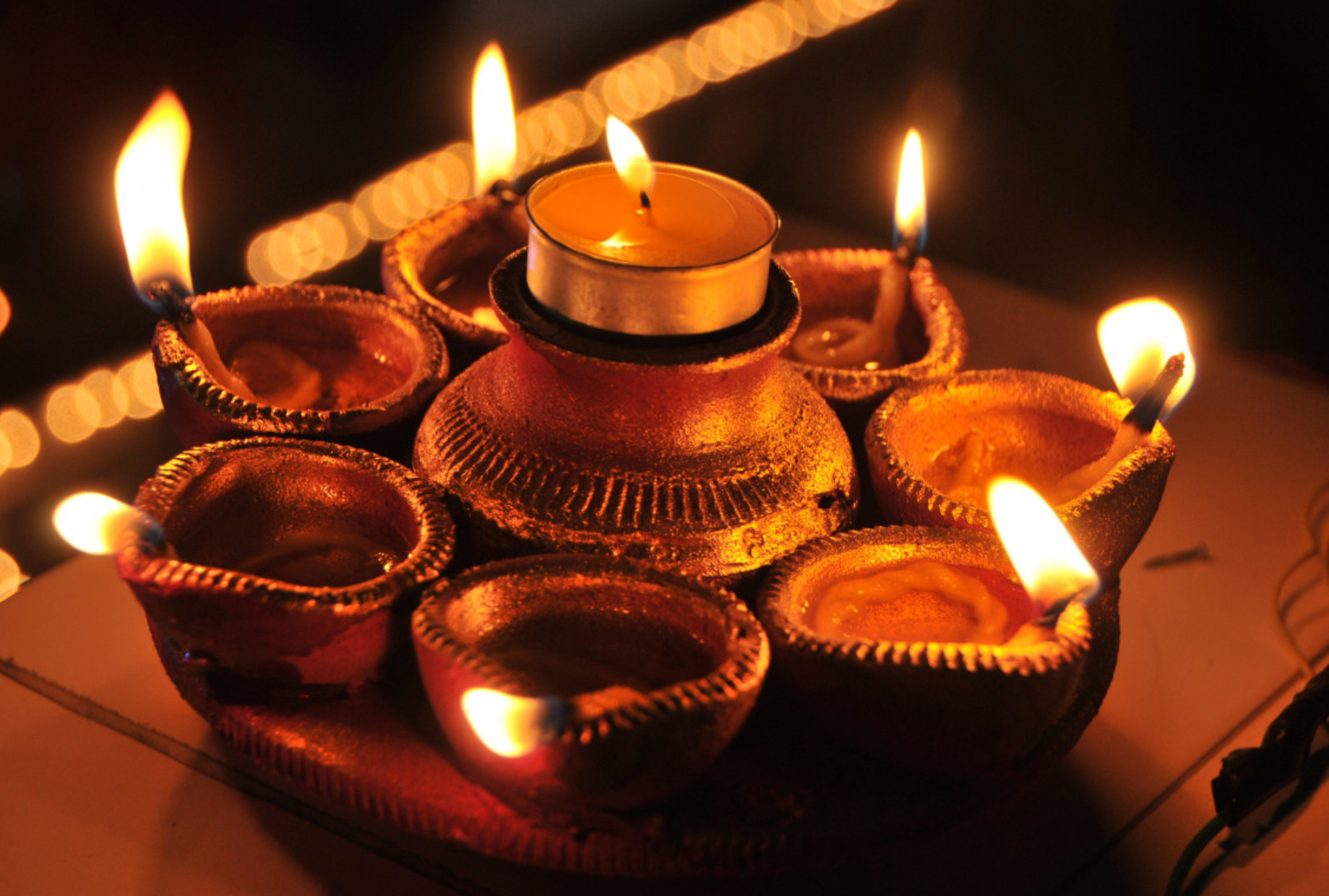Diwali, otherwise known as Deepavali, or the Festival of Lights, is a five-day celebration observed by Hindus, Jains, Sikhs and occasionally Buddhists. The holiday marks the end of the summer harvest season and lands on the darkest night of the Hindu lunisolar calendar, falling between October and November.
Diwali came to mainstream attention through the television series The Office, Season 3, Episode 6. It is not, in Michael Scott’s words, “essentially a Hindu Halloween.” Celebrators of the holiday also do not, in Angela Martin’s words, “eat monkey brains.”
It is, as Dwight Schrute describes it, “the celebration of the coronation of the god king Rama, after his epic battle with Ravana, the demon king of Lanka.” However, the cause for celebration varies from region to religion. Some Hindus believe Diwali to be the celebration of Lakshmi, the goddess of wealth, while other Hindus believe it to be the celebration of Lord Krishna defeating the demon king Naraka. In Jainism, Diwali marks the liberation (Nirvana) of Lord Mahavira’s soul. Sikhs celebrate Diwali to signify the release of the sixth guru, Guru Hargobind, from prison.
In any case, the holiday is unanimously understood as the victory of light over darkness. This could mean knowledge over ignorance, freedom over imprisonment, love over hate.

This Catalyst reporter went back to their family’s home in Orlando and celebrated the holiday with loved ones and neighbors. They lit fireworks and sparklers and lighting several diyas, oil lamps made of clay. Lighting the lamps is a ritual that is symbolic of victory of light over evil.
Other Hindu students at NCF were asked about how they celebrate Diwali.
“This year, my dad bought some firecrackers. We also got a bunch of candles and we just set [the firecrackers] off one by one. We also set up little fairy lights around the house,” second-year Sahithi Kadari explained.
“This year, unfortunately I wasn’t able to go back home to celebrate with my family in person, so we had a Facetime call where they were using their sparklers outside their garage and I watched them use it,” thesis student Sujit Sivadanam said
While the data is not configured specifically for Hindus, the highest concentration of Indians in Sarasota is in the zip code 34243, with roughly 1.82 percent of the population being Indian. A very low number, so students at New College who want to celebrate Diwali seem to have few avenues to do so. While several students on campus have mentioned that this can be isolating, others say that as the emphasis on diversity and representation increases, so too will the recognition of culturally significant holidays such as Diwali.

However, there have been instances in our college where the holiday was recognized. On November 4th, 2021, SAuCE had celebrated Diwali at New College of Florida in partnership with the Indian Association of Manasota. The celebration was well-attended, and consisted of a dance performance, treats, lights and powder for students to design rangolis. The event was well-received, with students commenting on the forum that they had a lot of fun. This proves that future endeavors celebrating the holiday could be successful, while diversifying the student experience at New College in the process.

